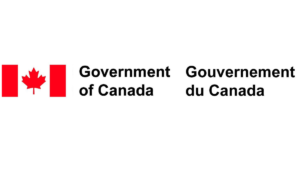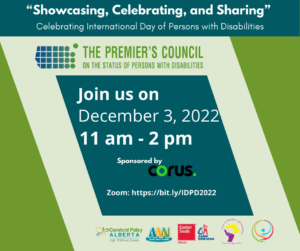Our Newsletter
Latest News from ILRCC
What’s Next for Bill C-22
The Senate voted to pass Bill C-22 with amendments on May 18, 2023. You can find them through this link: https://sencanada.ca/en/committees/SOCI/Report/115967/44-1(link is external). You may be wondering what is next. Minister Qualtrough is the sponsor of the...
The hidden history of “Hand Talk”
One of many indigenous sign languages is "Hand Talk." A must-watch: What we know today as American Sign Language, its history comes from Plains Indian Sign Language.
Gormley – Robin Acton | On Demand CJME / CKOM 15 Jul
Conversation starts 2:35 Gormley - On Demand CJME / CKOM | Robin Acton - Friday, July 15, 2022. Rawlco Radio Ltd. - iono.fm Inclusion Canada has been following the case of Brent Gobana, a man accused of sexually assaulting multiple individuals with intellectual...
Canada’s Disability Inclusion Action Plan, 2022
The Action Plan is a blueprint for change to make Canada more inclusive of the more than 22% of persons – or 6.2 million people – that identify as having a disability in our country. The Action Plan has 4 initial pillars: financial security, employment, accessible and...
International Day of Persons with Disabilities 2022
Our latest report on the state of the nonprofit sector
Dear CCVO supporter, This morning we launched our latest report on the state of the nonprofit sector Too Essential to Fail and a campaign to ensure relief for organizations facing the effects of the inflation and the pandemic. Too Essential to Fail describes a sector...
Subscribe to our NEWSLETTER LRCC



